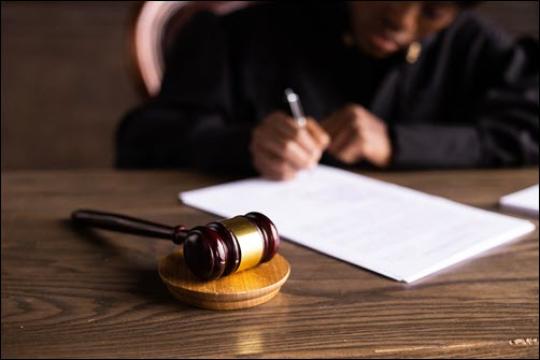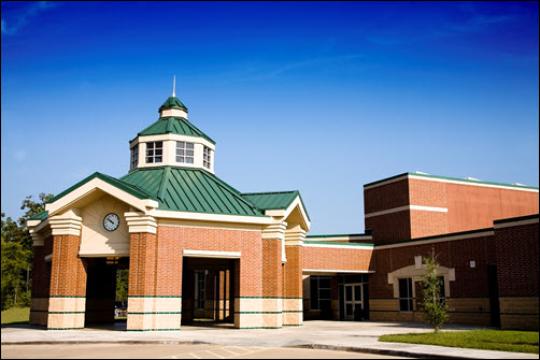ICJ Offices Unfamiliar with Child Protective Services Laws and Policies

State ICJ Office staff may have limited familiarity of their state’s CWA laws and policies. This knowledge-gap may be a barrier when communicating allegations of abuse/neglect to CWAs.
State Child Protective Services Personnel Unfamiliar with ICJ
Some CWA personnel are unfamiliar with ICJ. Many do not realize the Compact’s requirements are applicable to all state and local agencies. Others are unaware of critical timelines.
Local Officials Assume that Cases Should be Handled by CPS (not ICJ)
In some cases, juveniles who runaway already have connections to a CWA. Local officials may inaccurately believe the case should be handled primarily by the CWA, rather than ICJ. While a CWA may have an interest in the care and custody of a juvenile, ICJ personnel are responsible for facilitating the safe return to the home/demanding state. Lack of understanding about the role of ICJ often results in the significant delays in initiation ICJ involvement.
Confidentiality and Communications
Communication between ICJ and CWA personnel is essential. Courts and ICJ personnel need information regarding abuse/neglect investigations in order to make plans for the juvenile to be returned to a safe environment. However, both the ICJ and child protection laws generally prohibit unauthorized disclosure of information, which can create barriers. Fortunately, confidentiality laws and policies generally allow for disclosures under certain circumstances.

For example, HIPAA allows disclosures of protected health information when consistent with applicable law and ethical standards, including disclosures to law enforcement officials reasonably able to prevent or lessen a serious and imminent threat to the health or safety of an individual or the public. More information about release of information pursuant to HIPAA and ICJ is provided in Advisory Opinions 01-2012 and 01-2021.
Reporting Practices Do Not Align with Reporting Requirements
Juveniles often disclose abuse/neglect to detention center staff or other frontline workers in holding states. The frontline worker often makes a report to the holding state’s CWA or ICJ office, expecting that a “cross-report” will be filed with the home/demanding state’s CWA and action will be triggered.
Contrary to this belief, most state CWAs will only respond to reports from the juvenile, a person who witnessed the abuse, or the person to whom the abuse/neglect was disclosed (not “third parties”). To increase the likelihood of triggering a response by the home state CWA, reports should be made directly by the juvenile or the person to whom the abuse was directly disclosed. Information about the report should be shared with the holding state ICJ office, including details of the allegations, case number, date/time of the reports, and any response from the home state CWA. The holding state ICJ office should share this information with the home state ICJ office, so that they can assist with follow-up.
Refusal to Take Action Until After the Juvenile is Returned
When abuse and neglect are reported to the home state CWA, some state CWAs refuse to take action until the juvenile is returned to the home state. In some cases, CWAs determine the juvenile is not in “imminent danger” because they are not present in the state or the report is classified as “information only.” Even when the juvenile is out-of-state, ICJ Rules require the juvenile be returned to the home state within five business days, regardless of whether the CWA has taken any action. Failure to take action to ensure the safe return of the juvenile is clearly a systemic failure that multiplies risks to the juvenile.
Establishing Child Welfare Agency’s Role
In some states, CWAs have indicated legal action is required to establish jurisdiction so that the juvenile can be placed in kinship care, foster care, or another setting. This may be necessary to ensure safety while an investigation is conducted, or because guardians are unwilling to receive a juvenile who has runaway (which ICJ Offices treat as “abandonment” or “neglect”). While not all states have developed a clear protocol for how such jurisdiction should be established in such cases, many states have done so. More information is provided in the “STATE SPOTLIGHT” section.
Initiating Return Proceedings in Court
Many juveniles who run away from home are considered “non-delinquent,” as they are not otherwise subject to court oversight. Each state needs clear protocols for initiating legal proceedings for ICJ returns, including who is responsible for doing so. These processes seem to be vague in some states, especially where juvenile justice and/or CWA systems are decentralized.

In order to return a juvenile pursuant to the ICJ, a court case must be initiated in the holding state. When the juvenile agrees to return, a hearing must be set so that the Form III (Consent for Voluntary Return of Out-of-State Juvenile) can be signed by the juvenile and the court. When a juvenile does not agree to return, “non-voluntary return” proceedings must be initiated in the home/demanding state. This may be done by filing a Form A – Petition for Requisition to Return a Runaway Juvenile or filing another petition used in the state’s court system. Ultimately, a Form I (Requisition for Runaway Juvenile) should be issued by the court for non-delinquent runaways.
In most states, courts rely upon standard juvenile justice proceedings for initiating ICJ cases. However, some states have created specific administrative practices which can ensure that ICJ returns progress far more smoothly. Examples are provided in the “STATE SPOTLIGHT” section.
Refusal to Detain Non-Delinquent Runaways when there is no NCIC listing
Some law enforcement officials refuse to detain runaways unless a missing person file is available through the National Crime Information Center (NCIC). As discussed in Advisory Opinion 04-2021, the ICJ is applicable to all juveniles who run away across state lines, not just those with an associated NCIC file.
Lack of Facilities to Detain Non-Delinquent Runaways
Many state ICJ Offices report challenges related to detention of non-delinquent runaways, as there appears to be a decline in availability of juvenile detention centers. This is partially a result of the closure of detention centers as a result of juvenile justice reform.

Concerns that Detention will Violate JJDPA
Concerns regarding the Juvenile Justice and Delinquency Prevention Act (JJDPA) also arise in some cases. Fortunately, the JJDPA, in Section 34 U.S.C. 11133(a)(11)(A)(III), clearly provides an exemption for secure detention for out-of-state runaway juveniles held pursuant to the ICJ.
